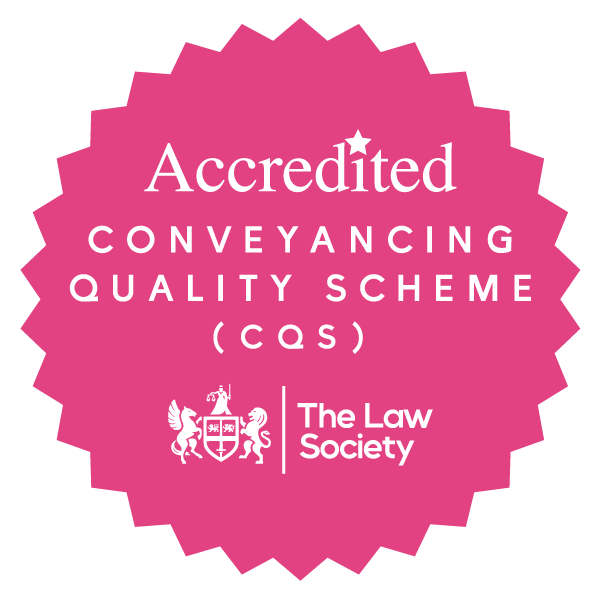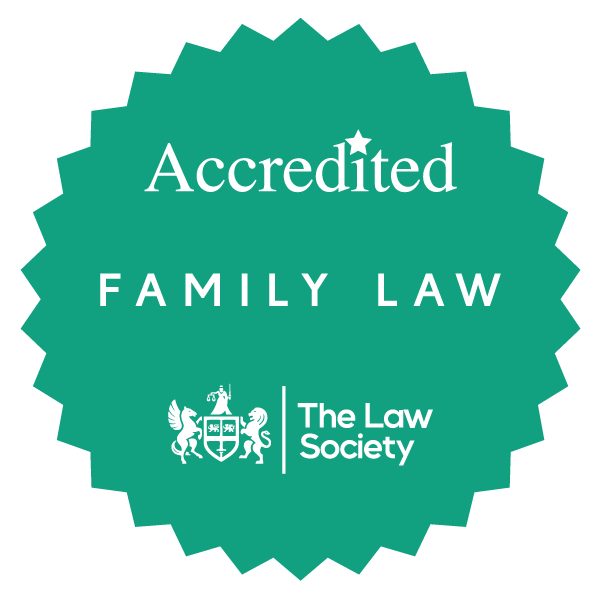Inheritance Tax Planning – Lifetime Giving
Inheritance Tax is charged at 40% on the value of an estate in excess of the “nil rate band”. Currently, the nil rate band stands at £325,000.00. The value of an estate falling within the nil rate band is charged to Inheritance Tax at 0%. In addition to the nil rate band, the Government introduced the Residence nil rate band (RNRB) for IHT relief on the main residence being passed down to direct descendants (e.g. children, grandchildren, this also includes adopted, fostered and stepchildren). Consequently, each parent has a nil-rate band of £325,000 plus a RNRB of £175,000. We advise our clients to review your Wills to ensure that their estate optimises this allowance.
There is also an exemption available for transfers between spouses and civil partners on death and also Business Property Relief is available at 100% for qualifying assets.
One way in which Inheritance Tax liability can be reduced is through Lifetime Gifts.
- Potentially Exempt Transfers: This is a gift made during your lifetime that becomes fully free of IHT if you survive 7 years of making the gift. If the gift exceeds the available nil rate band of £325,000, then the amount of tax may be tapered, depending on how long ago the gift was made.
- Annual Exemption: Each year you can give up to £3,000 tax free. Any unused allowance can be carried over for one year.
- Gifts from surplus income: Regular gifts from surplus income are tax-free if the gifts do not affect your standard of living.
- Small Gift Allowance: You can make as many gifts of up to £250 per person per year tax fee as long as this allowance is not used in conjunction with another exemption for the same person.
- Marriage and civil partnership gifts: You can give £5,000 to a child, £2,500 to a grandchild or great grandchild and £1,000 to another person. However, it must be an outright gift to a full party to the marriage (no exemption if the wedding is called off!).
This note is for general guidance only and represents our understanding of the law and practice as at 1 January 2026.
Contact our Inheritance Tax Lawyers in Enfield, Finchley, North London and Hertfordshire today
Call us today or complete our online contact form and one of our team will be in touch to discuss your matter further.























